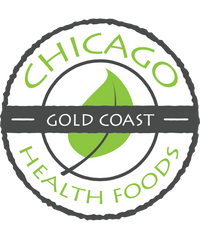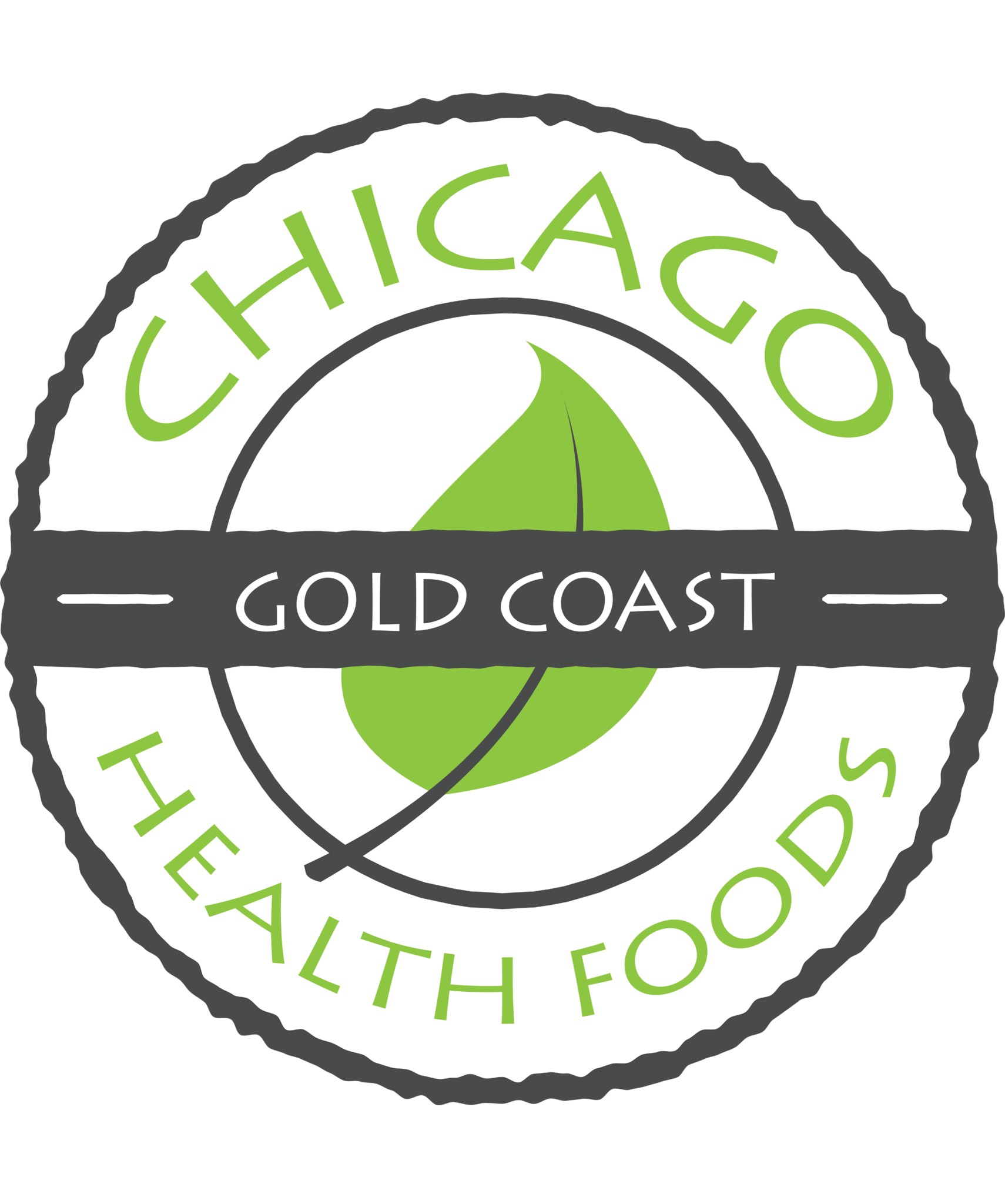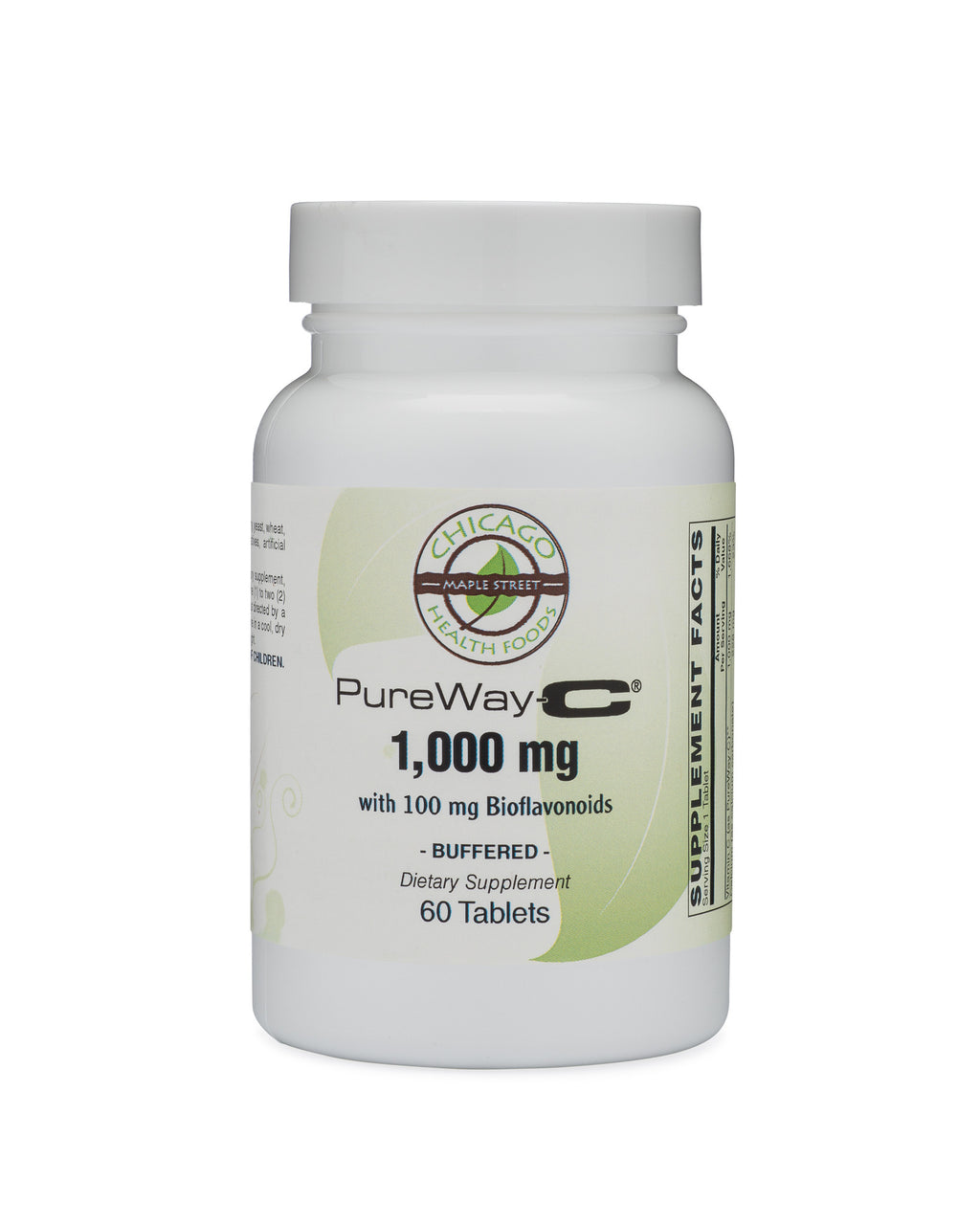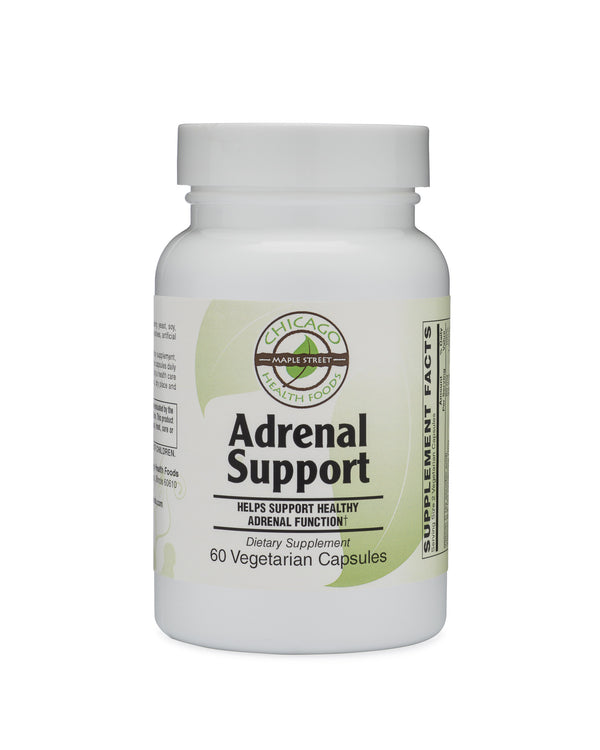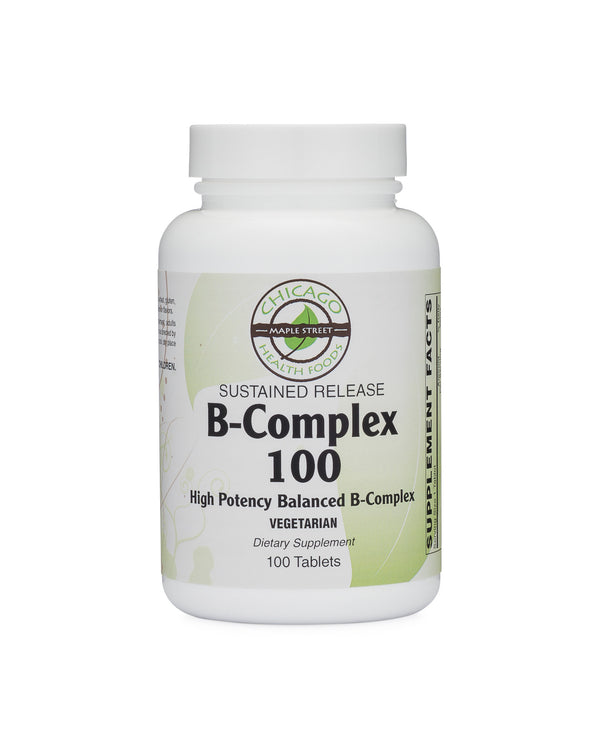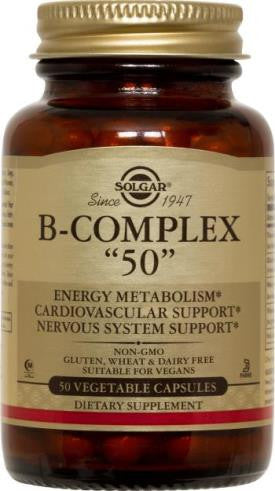Plants contain tens of thousand of phytochemicals* nutrient compounds that have biological activity and play important roles in the body. The largest group of phytochemicals is the polyphenols with more than 8000 known compounds. Within the polyphenols one of the largest classes is the flavonoids (also known as vitamin “P”), with over 5000 molecules. Flavonoids are one of the main sources of color and flavor in fruits and vegetables. Citrus bioflavonoids are found mainly in the edible pulp of citrus fruits, commonly in association with vitamin C.
Features:
-Contains a spectrum of flavonoid molecules extracted from citrus fruits: eriocitrin, narirutin, naringen, hesperidin, diosmin, didymin, and hesperitin
- High-potency
- Vegetarian
- Gluten-free
Benefits:
- Bioflavonoids assist in the absorption of vitamin C and protect it from oxidation (Hass).*
- Bioflavonoids improve the integrity of the capillary lining and decrease their permeability (Haas).*
- Flavonoid molecules are found between the lipid and aqueous bilayers of the cell membrane where they function as anti-oxidants (Gropper).*
- Citrus flavonoids scavenge free reactive oxygen species and inhibit lipid peroxidation (Hwang).*
- Citrus flavonoids have demonstrated anti-inflammatory properties (Hwang).*
- Citrus bioflavonoids are among the best absorbed flavonoids, are known to cross the blood-brain-barrier and have demonstrated many neuroprotective activities (Hwang; Spencer).*
- Citrus flavonoids have demonstrated anti-cancer properties (Hwang). For example, naringen, hesperidin and hesperidin have been shown to inhibit the growth of certain cancer cells (Meiyanto).*
*These statements have not been evaluated by The Food and Drug Administration. This product is not intended to diagnose, treat, cure or prevent any disease.
REFERENCES
Haas EM. Staying Healthy with Nutrition. Berkeley; Celestial Arts: 2006.
Gropper SS, Smith JL, Groff JL. Advanced Nutrition and Human Metabolism. Belmont, CA; Thomson Wadsworth: 2005.
Hwang SL, Shih PH, Yen GC. Neuroprotective effects of citrus flavonoids. J Agric Food Chem. 2012; 60(4):877-885.
Meiyanto E, Hermawan A, Anindyajati. Natural products for cancer-targeted therapy: citrus flavonoids as potent chemopreventive agents. Asian Pac J Cancer Prev. 2012; 13(2):427-436.
Ross JA and Kasum CM. Dietary flavonoids: bioavailability, metabolic effects, and safety. Annu Rev Nutr. 2002; 22:19-34.
Spencer JP, Vafeiadou K, Williams RJ et al. Neuroinflammation: modulation by flavonoids and mechanisms of action. Mol Aspects Med. 2012; 33(1):83-87.
